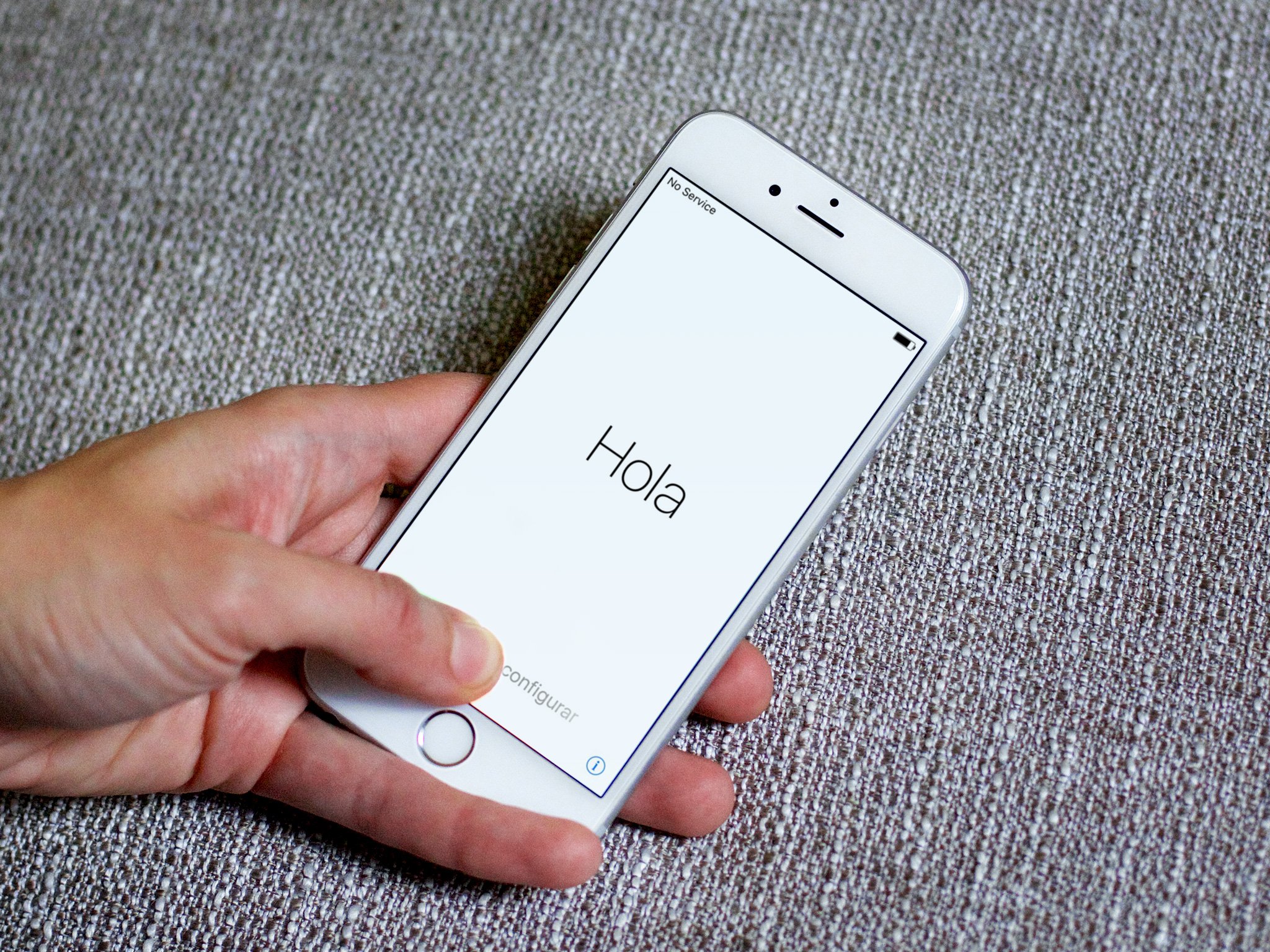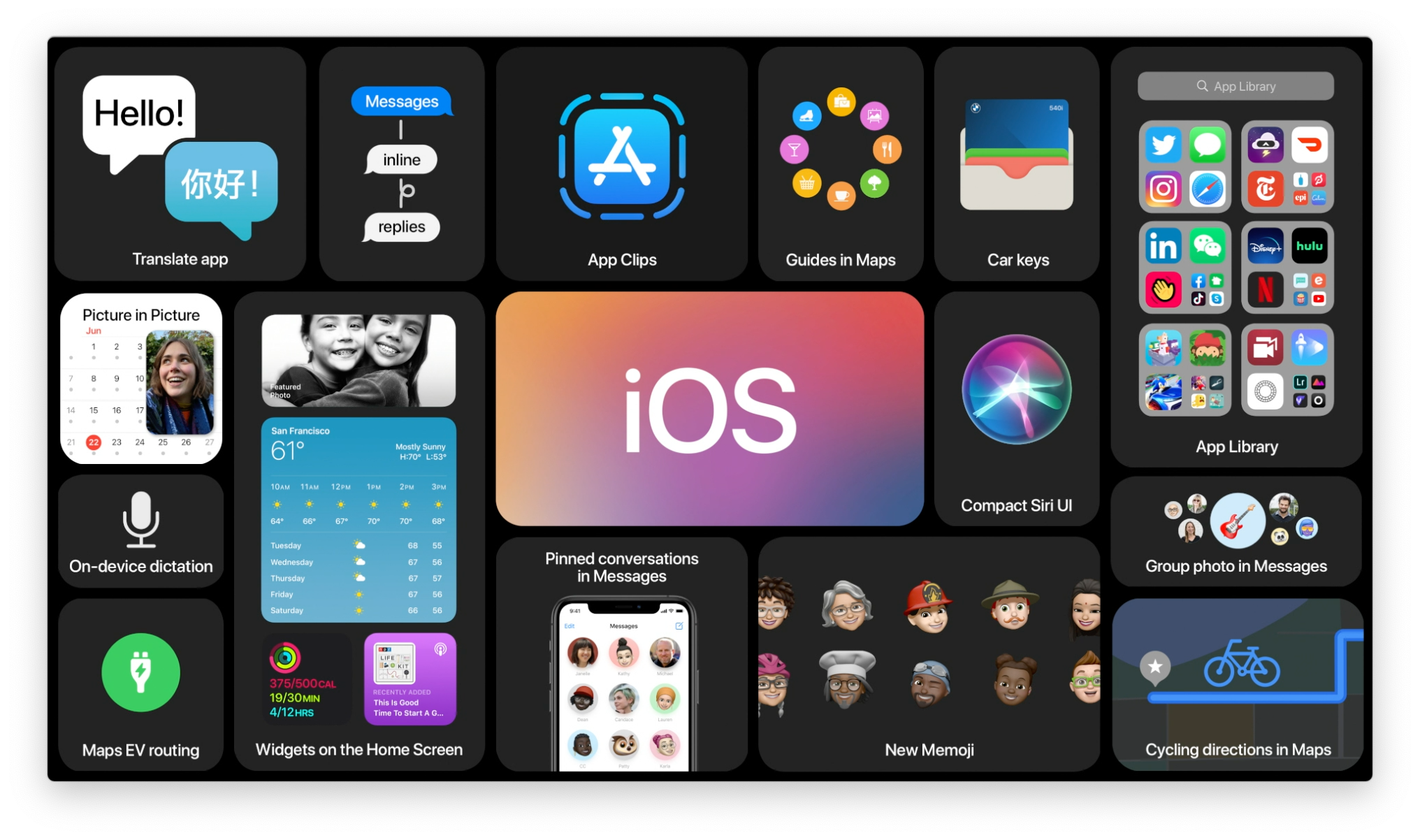iOS 11 wish list: Free iCloud backups

Once upon a time iPhone was utterly dependent on iTunes on the PC. It synced everything, it managed everything, and it kept everything backed up. Then came iCloud, which cut the tether and promised us a future post-PC. Flash forward to now and we have iPhones that come with up to 256 GB of on-board storage. While iCloud now offers up to 2 TB of storage, the free tier still tops out at 5 GB. What if iOS 11 could change that?
Comparing Apples to Googles
Google recently made headlines with their new Pixel Phone by Google which, aside from its unabashedly iPhone-like looks, comes with free, full-resolution backup for all photos. Google, in general, has always been ahead of the curve when it comes to free storage, be it for Gmail back in the day, Drive for years, or Photos now.
Apple, on the other hand, introduced iCloud with 5 GB of free storage and, despite cutting prices and upping capacity of the paid tiers over the years, has stayed with 5 GB.
There are some things that iCloud includes "for free", notably iTunes Store and App Store content since Apple is already storing those on their servers and simply has to let you re-download them when and as needed. Most everything else, though, you have to pay for.
You have to pay for Google too, of course, you're just paying in data instead of money.
As I've covered numerous times, for most people paying with money is tangible. You see the cash leaving your wallet or the numbers growing on your credit card statement or shrinking on your bank account balance. Paying with data, though, feels "free". You don't see your intimate pictures and messages drifting up out of your device and onto servers sitting miles and miles away.
Google wants your data to help train its artificial intelligence, machine learning, and computer vision system, and they'll pay you with storage capacity to get it.
Master your iPhone in minutes
iMore offers spot-on advice and guidance from our team of experts, with decades of Apple device experience to lean on. Learn more with iMore!
Apple doesn't want your data, claims they don't need it to train AI, ML, and CV, so it charges you money for the storage capacity.
But what if Apple didn't? What if they were willing to pay you with storage capacity, just to give you a better experience?
A few dollars here and there...
I always wince when I hear pundits say "Apple should just..." and then rattle off a list of things they'd love Apple to toss into the box or bill of goods. It's always justified by the supposed low cost of each of the freebies, but they're seldom, if ever, added up and then multiplied across hundreds of millions of devices. For a company like Apple, the dimmest bulbs in Wall Street monitor every sub-cent of margins. In other words, there's no such thing as nominal cost at iPhone scale.
Yet Apple spends its budget on iPhone all the time. Chamfered edges aren't purely cosmetic, but they reflect Apple's attitude of doing what's difficult — and expensive — all in the name of a better product.
There's precedent on the software side as well. Once upon a time, iWork apps were paid. It would cost you double-digit dollars to get Keynote, Numbers, and Pages on iOS. Then, one day, Apple made them free for every new iPhone and iPad owner.
You might think apps don't have the same recurring costs as storage, but when you include ongoing development, especially new cloud-based features like collaboration, they do.
Apple used to charge for Mac software updates as well — even iOS updates for iPod touch — and then the company realized there was greater value to be had in giving them away, even if it cost them.
Setting backups free
Photo backup is nice. Device backup is the real prize, though. Right now, if someone really wants all their data backed up, they more than likely have to run back to iTunes on Windows or Mac. That's especially true for Apple's best customers, who likely have multiple iPhones and iPads.
That's not good for us, and it's not good for Apple.
By giving everyone who buys an iPhone or iPad enough free iCloud storage to backup that device, Apple finally cuts that iTunes tether and fully moves us into the post-PC world.
It also makes sure anyone new to iPhone or iPad doesn't see it as a partial, annoying service that pops up out-of-capacity errors every time it tries to backup. Instead, they don't see it at all. It just works. And the experience it creates is one of a peace-of-mind.
No one ever has to worry about backing up a device or, more importantly for Apple, moving to their next iPhone or iPad.
Your wish list?
Would free backups make a big difference to you? What else would you like to see in iOS 11

Rene Ritchie is one of the most respected Apple analysts in the business, reaching a combined audience of over 40 million readers a month. His YouTube channel, Vector, has over 90 thousand subscribers and 14 million views and his podcasts, including Debug, have been downloaded over 20 million times. He also regularly co-hosts MacBreak Weekly for the TWiT network and co-hosted CES Live! and Talk Mobile. Based in Montreal, Rene is a former director of product marketing, web developer, and graphic designer. He's authored several books and appeared on numerous television and radio segments to discuss Apple and the technology industry. When not working, he likes to cook, grapple, and spend time with his friends and family.

